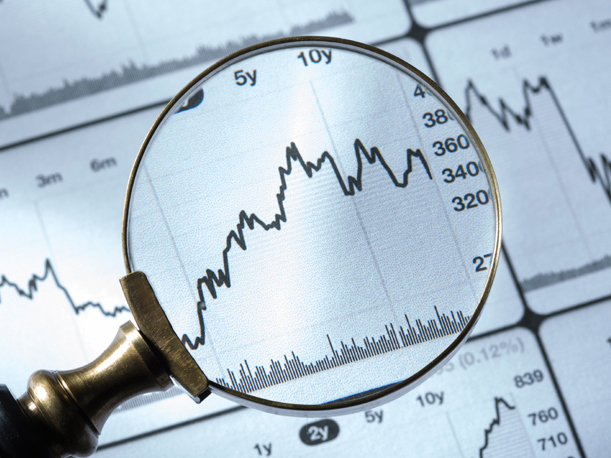In the South Korean stock market, biopharmaceutical and pharmaceutical firms are recognized as having policy-backed stocks, as former and incumbent governments have aggressively pushed the growth of biotech and pharmaceutical industries as new growth engines.
However, some investors have also been warning against the risk of bubbles in the two sectors, as volatile fluctuations of stock prices allowed massive profits even when companies did not show a remarkable earnings growth.

Led by Sillajen which saw its shares skyrocketing 600 percent last year, about 70 percent of biotech firms enjoyed a stock price growth for the past year. However, the remaining 30 percent suffered price declines in their shares. Some saw their stock prices plunge more than 65 percent last year.
Korea Biomedical Review analyzed stock prices of 92 listed firms in the biotech and pharmaceutical sectors – 41 on the main bourse Kospi and 51 on the tech-heavy Kosdaq. It compared the stock prices between the market closing of 2016 on Dec. 29, 2016, and that of 2017 on last Dec. 28.
This paper excluded those which went initial public offering (IPO) after the market closing of 2016. Also excluded were gene researchers, test drug makers, drug substance makers, animal drug makers, cosmetic firms, and health function foods makers.
The result of the analysis showed that 70.7 percent, or 65 of 92 listed firms, saw their shares going up during the cited period. Shares of the other 27 companies dropped.
Sillajen on Kosdaq had the largest stock price growth last year. The company's shares spiked 605 percent during the past year. Holding signature oncolytic virus Pexa-Vec, Sillajen’s shares continued to rise since its IPO on Dec. 6, 2016. Currently, in a global phase-3 clinical trial for patients with last-stage liver cancer, Pexa-Vec is Sillajen’s representative new drug candidate. It is also on trial for combination therapy with other oncolytic drugs.
In stark contrast, formerly Bota Bio (currently Catea) on Kosdaq suffered the most significant drop in stock price in 2017 for the second consecutive year. In 2016, Catea’s shares declined by 84 percent from 8,900 won ($8.3) to 1,455 won per share. In 2017, the stock price spiraled down further by 66.5 percent to 487 won per share.
Bota Bio has been on the headline several times due to the company’s stock price rigging with a false disclosure and the regulator’s naming the company as “unfaithful disclosure firm.” Last year, the company replaced its CEO and changed the name of the firm to Catea. The company’s name has been changed six times to date.
Celltrion Pharm had the second fastest growth in stock price last year, next to Sillajen. The firm in 2016 saw its shares rise -- 26.3 percent up in Celltrion and 41.6 percent up in Celltrion Pharm. The two companies continued to enjoy a stock price growth of 156 percent and 105.9 percent, respectively, last year.
Shares of Samsung Biologics, which recently obtained approval for its second plant from the European Medicines Agency (EMA), climbed the most on Kospi by 145.7 percent, from 151,000 won to 371,000 won.
However, shares of Wooridul Pharmaceutical, which once jumped by 158.2 percent from 5,580 won to 17,250 won as “theme stocks” in 2016 due to its unconfirmed relations with President Moon Jae-in, tanked 33.6 percent to close at 11,450 won on the last trading day of 2017.
Shares of Yungjin Pharmaceutical, which also spiked 324 percent from 2,080 won to 8,820 won with the merger with KT&G Life Sciences and expectations for a new drug “YPL-001” to treat chronic obstructive pulmonary disease (COPD), inched down 0.5 percent last year to close at 8,820 won.

